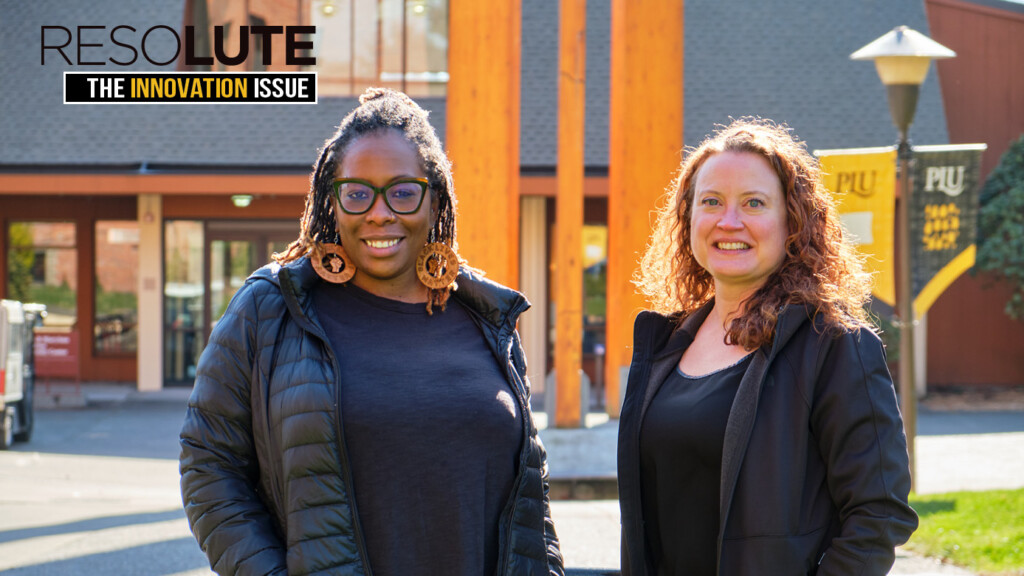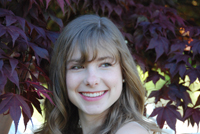Page 287 • (2,915 results in 0.434 seconds)
-
distinctive cultures emerge. 200-Level courses You’ll choose a total of four 200-level courses to taken during your 2nd and 3rd year. These classes are not organized around learning one way of seeing many problems (which is what you do when you take a class in a conventional academic department, like economics, political science, biology, etc.), but which instead use many ways to analyze one theme or problem. IHON 253: Gender, Sexuality, and CultureUses multicultural, international, and feminist
-
Katherine Voyles’s essay outlines, this place of questioning is also one of learning. Isolating stills from their context can hide larger narratives in Mary-memes, yet memes can open up new avenues for thought even without context. For example, this @savedbythebellhooks post does just that: "Feminism is not simply a struggle to end male chauvinism or a movement to ensure that women will have equal rights with men; it is a commitment to eradicating the idology of domination that permeates Western culture
-
the Lutheran heritage and Christianity, but it isn’t mandatory. Blend of liberal arts of professional studies? Hmm. Shouldn't I use college to learn a marketable skill rather than something "weird"?Learning to think and involving yourself in a life-changing experience is pretty marketable. Popular actress Rashida Jones, daughter of music composer and producer Quincy Jones, is seen on NBC’s comedy shows Parks and Recreation and The Office and appeared in films such as The Social Network, Celeste
-
Gómez “This class is very different from a high school class because you get to learn about various countries in Latin America and about the different types of habla in the countries. The type of learning environment that Profesora Davidson created in our class was amazing, you really feel like you’re in class with your friends.” Valeria A. Pinedo Chipana “I was nervous about signing up for HISP 252, because I didn’t practice my Spanish with anyone besides my mom. The class encouraged me to apply to
-

?”Aziza AhmedMajors: Political Science and Sociology Hometown: Auburn, WA Selected accomplishments: Graduation Honors (magna cum laude); Act Six Scholar; Interfaith Coordinator, Campus Ministry; Peer Learning Specialist, Center for Student Success; member, the collective; founder and organizer, Interfaith Games; Women’s Action Commissioner, Office of Diversity, Equity, & Inclusion, Green River College Post-graduation plans: Working for a company owned by a fellow PLU student’s family; completing a JD
-

, resourceful? We can say that the work that Jen and I do could fit in those boxes. Jen: Right. What is innovative? I don’t think I have an answer for that question. But I think it’s how we do those things. So the four prongs of our D&I plan are, let’s see … climate, retention, institutional vitality, and teaching and learning. Everybody’s doing that. And one reason everybody’s doing that is because every institution faces those same challenges on some level, with regard to equity. But at PLU, I think we’ve
-
. Active learning strategies, the flipped classroom model, and cohort learning models are all examined for their potential in improving student success rates and increasing diversity in chemistry. A survey was also conducted at PLU to answer the following questions: 1. Do positive high school chemistry class experiences correlate to future interest in chemistry and STEM fields? 2. If so, what teaching strategies increase students’ enjoyment and success in chemistry classes? 3. Are there key
-
connection to the food you’re eating and who is producing it,” Perez said. Trinity Lutheran GardenLutes from the Center for Community Engagement & Service work in the Trinity Lutheran garden. Kevin O’Brien, PLU’s chair of environmental studies, said the key is people learning the story behind their food and asking if they’re comfortable with that story. “The easiest and most damaging habit is thinking that food comes from a grocery store,” said O’Brien, who is also an associate professor of Christian
-
contexts. Her dissertation was a study of how three religious communities, one Buddhist, one Christian, and one Muslim, sought to address environmental degradation, economic inequality, and stability of food supplies through their practice and support of sustainable agricultural practices. Before coming PLU, she was Adjunct Lecturer in the Religious Studies, Women’s and Gender Studies, and Environmental Studies and Sciences Departments at Santa Clara University. There, she taught Experiential Learning
-

PLU? I initially chose PLU because their school of nursing has an exceptional reputation for excellence. After visiting the campus I realized that PLU has many other attributes besides their exemplary nursing program. I felt that the size of the classrooms, student population, and campus would both facilitate my learning and ensure that I never felt like just another face in the crowd. In addition, the location of PLU appealed to me because it allowed me to receive a bachelor degree from a highly
Do you have any feedback for us? If so, feel free to use our Feedback Form.


